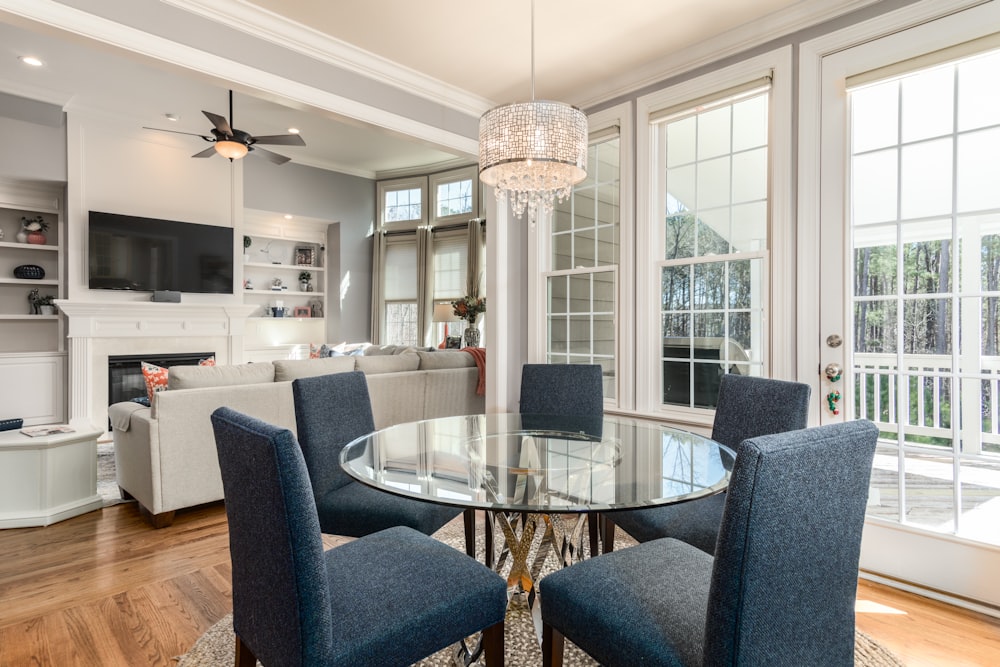
Transforming Communities: Business Tiny Home Villages
In the realm of sustainable living and innovative urban development, the concept of Business Tiny Home Villages is gaining momentum as a transformative solution. These compact, eco-friendly communities are reshaping the way we think about housing, community design, and environmental impact. Let’s explore the key aspects that make Business Tiny Home Villages a sustainable living phenomenon.
Compact Living, Big Impact
At the heart of Business Tiny Home Villages is the idea of compact living with a big impact. Tiny homes, typically ranging from a few hundred to a thousand square feet, offer a minimalist lifestyle that reduces environmental footprints. The efficient use of space not only promotes sustainability but also challenges conventional notions of what constitutes a comfortable and fulfilling living arrangement.
Sustainable Construction and Eco-Friendly Practices
Business Tiny Home Villages prioritize sustainable construction methods and eco-friendly practices. From the use of recycled materials to energy-efficient designs, these communities exemplify environmentally conscious building. Incorporating renewable energy sources such as solar panels further reduces the ecological impact, contributing to a greener and more sustainable way of living.
Community Connectivity and Social Cohesion
Contrary to the stereotype of isolation associated with tiny homes, Business Tiny Home Villages foster a strong sense of community connectivity. The intentional design encourages social interaction among residents, creating a tight-knit community where neighbors know each other, share resources, and collaborate on communal activities. This social cohesion is a hallmark of these innovative living spaces.
Affordable Housing Solutions
One of the driving forces behind Business Tiny Home Villages is the pursuit of affordable housing solutions. In the face of escalating housing costs in many urban areas, tiny homes provide a more accessible entry into homeownership. The reduced size translates to lower construction costs, making homeownership achievable for a broader demographic, including young professionals, retirees, and those seeking an alternative lifestyle.
Mobile and Modular Possibilities
Business Tiny Home Villages often explore the possibilities of mobile and modular designs. The portability of tiny homes allows for flexibility in community planning and individual choice. Whether situated on a permanent foundation or designed for mobility, these villages showcase the adaptability of tiny homes to various landscapes and lifestyle preferences.
Economic Sustainability and Local Businesses
Embracing the concept of economic sustainability, Business Tiny Home Villages often integrate local businesses into their design. From on-site farmers’ markets to communal spaces for small businesses, these villages create opportunities for residents to support local economies. This interconnectedness contributes to the economic resilience of both the tiny home community and the surrounding area.
Green Spaces and Nature Integration
Business Tiny Home Villages prioritize green spaces and the integration of nature into their design. Communal gardens, parks, and natural landscaping enhance the overall well-being of residents. The emphasis on connecting with nature not only promotes a healthier lifestyle but also reinforces the commitment to environmental stewardship.
Waste Reduction and Resource Efficiency
Tiny home living encourages a conscious approach to resource consumption. Business Tiny Home Villages often incorporate waste reduction strategies, such as composting and recycling programs. The efficient use of resources, both in construction and daily living, aligns with the principles of sustainability and responsible environmental practices.
Regulatory Challenges and Zoning Considerations
While Business Tiny Home Villages offer a promising vision for sustainable living, they face regulatory challenges and zoning considerations. Many municipalities have zoning codes that may not accommodate the tiny home model. Advocacy and collaboration with local authorities are essential for overcoming these hurdles and fostering the growth of tiny home communities.
Embracing the Future with Business Tiny Home Villages
Explore the future of sustainable living and community development by diving into Business Tiny Home Villages. Discover insights, resources, and strategies that can guide individuals and communities toward embracing the transformative potential of tiny home living. Business Tiny Home Villages represent not just a housing choice but a sustainable lifestyle that harmonizes with the environment and fosters a strong sense of community.










